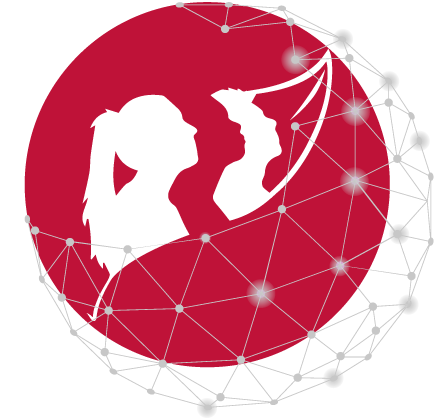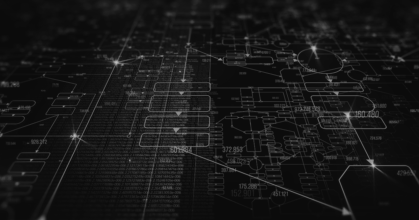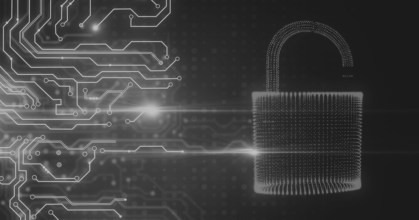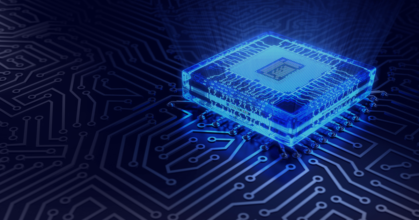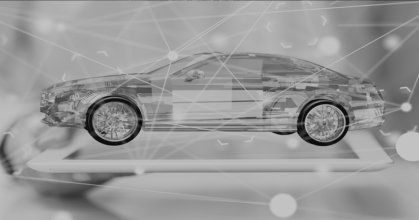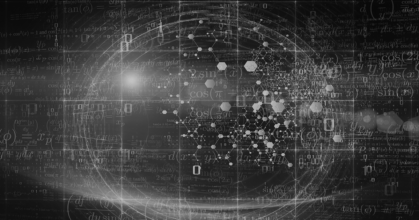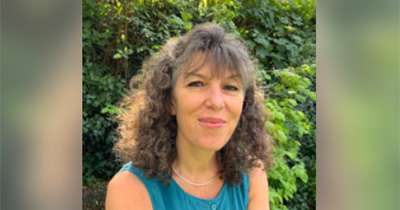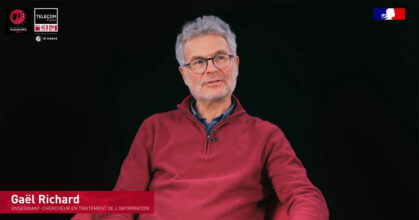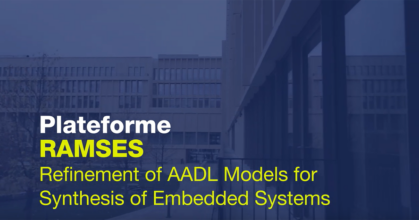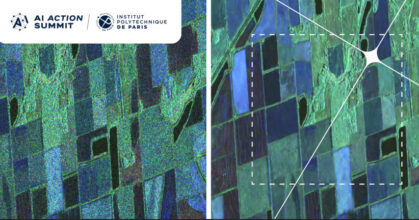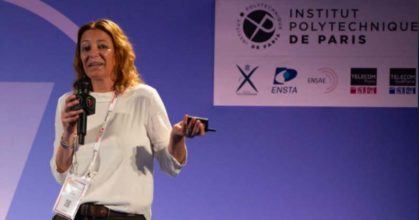The Communications and electronics department (Comelec)
Every day, information and communication technology (ICT) becomes more firmly embedded in our society and fundamentally affects the way it operates. The mediators – objects –embody the highly multidisciplinary aspect of ICT, based on: the understanding and use of real phenomena, the algorithmic processing of signal and data and the way they slot into a global information system.
The Comelec Department focuses on the physical and hardware base of processing and on the design/modeling/integration of objects in an information system. This underlying theme translates into the department’s training, innovation and research projects.
The department has six groups which, together, represent the research in communications and electronics undertaken at Télécom Paris. The LabSoc team is located in Sophia Antipolis, on the Eurecom site.
- team
Circuits & Communications Systems [C2S]

- team
Foundations of Sensing and Information [FSI] team

- team
Mathematics of Information & Communication [MIC]

- team
Optical Telecommunications [GTO]

- team
Radio Frequency, Microwaves & Millimeter waves [RFM²]

- team
Secure and Safe Hardware team [SSH]

- team
System on Chip team [LabSoC]

The Image, Data, Signal department (IDS)
The aim of the IDS Department is to provide teaching and research in the field of signal, image and data. Its objectives are the following:
- the study and analysis of signals and images in all their forms (including audio, video, multimedia, satellite images, biomedical images).
- The study and development of algorithms and statistical processing methods for learning, optimization and data analysis.
The department has three teaching and research groups, one development team and eight transversal research teams
- The three teaching and research groups are:
The Computer Sciences and Networks Department (INFRES)
- The INFRES Department covers all the areas of computer science that relate to the study of infrastructure, digital systems and networks, with a special focus on mathematical modeling (stochastic models, extended information theory, cryptography, discrete mathematics), communication operations (network architecture and communication protocols) for future networks of all types (including Internet, telecom, access, ad hoc, sensor and RFID networks) and the computing architecture (embedded, distributed) of systems and services, relating to software issues (concepts, computer tools and engineering). The department is made of six groups:
Latest news

Florence Tupin distinguished by IEEE Geoscience and Remote Sensing Society
Faculty Members, Modeling — 27/03/2025She develops innovative image processing and analysis methods, with recognised expertise in [...]
[Ideas] Sound revolution and machine listening
Data Science & AI, Faculty Members, Modeling — 14/03/2025Gaël Richard, "Hi-Audio": How does the machine learn to listen and create?
RAMSES platform, mission-critical real-time embedded systems
Digital Trust, Faculty Members — 10/03/2025RAMSES offers an AADL (Architecture Analysis and Design Language) compiler, a standardized language used [...]
“Denoising” radar satellite images with AI (IP Paris)
Data Science & AI, Faculty Members — 07/02/2025Florence Tupin uses deep learning to obtain images cleared from the fluctuations inherent in radar [...]
Paris-Saclay Cancer Cluster & IP Paris
Faculty Members, Innovation — 05/02/2025Elsa Angelini, professor at Télécom Paris, specialist in medical image computing, is IP Paris' academic correspondent for the [...]
